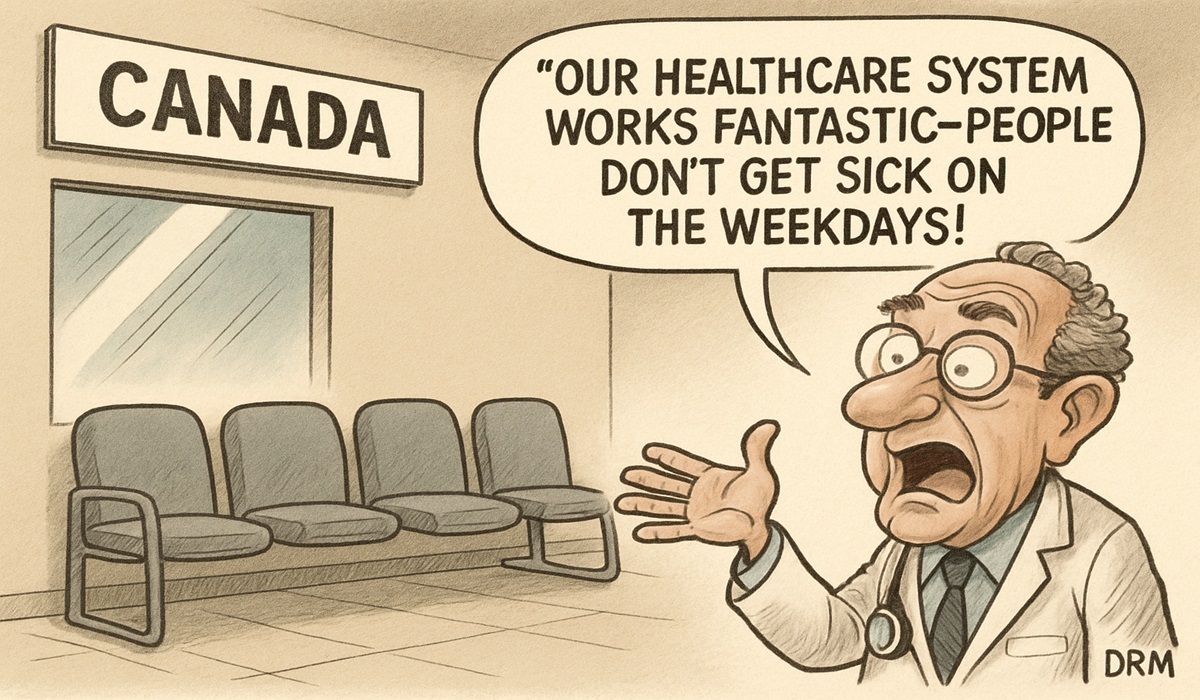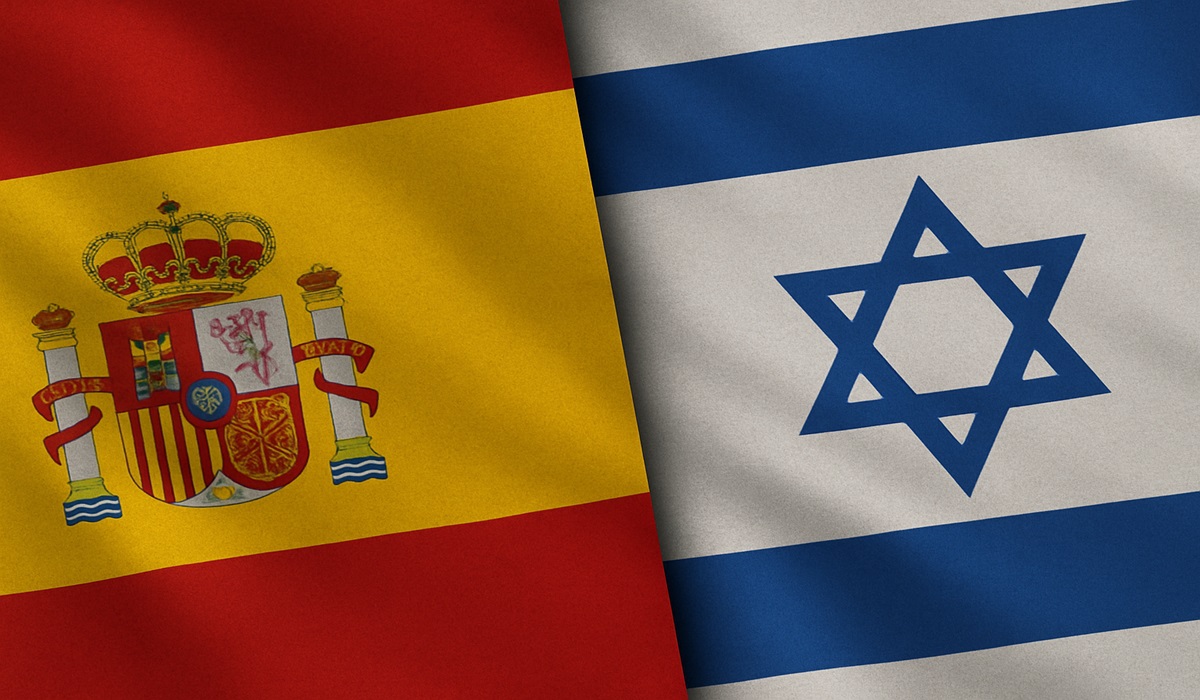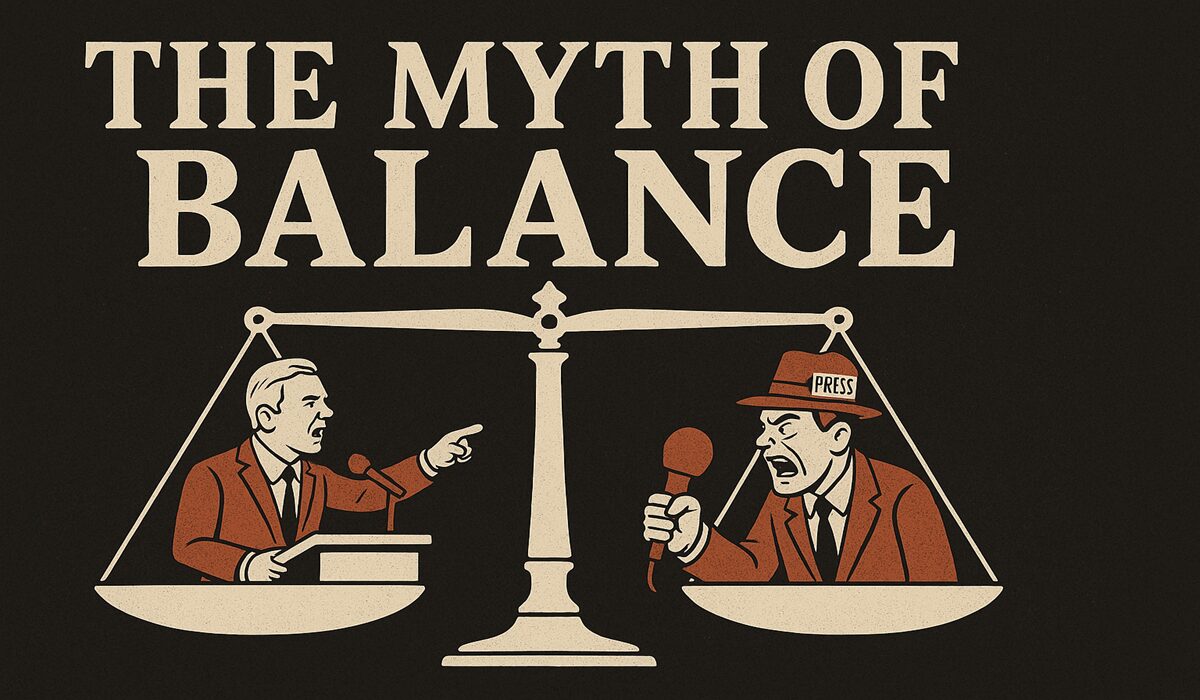Vietnamese Migrant Smuggling Network Busted: 16 Arrests Made in Joint Operation
- Ingrid Jones
- D.O.C Supplements - Trending News
- Europe
- April 26, 2024

Image credit, Geraalt
In a significant crackdown on transnational crime, a joint operation between law enforcement agencies from France and the United Kingdom, supported by Europol, has successfully dismantled a Vietnamese criminal network involved in smuggling migrants across the English Channel. This operation marks a pivotal moment in the ongoing efforts to combat human trafficking and exploitation within the European Union.
The criminal network, which operated across several EU countries, not only facilitated the illegal entry of migrants into the UK but also engaged in nefarious activities such as sexual and labor exploitation, as well as money laundering. This multi-faceted operation underscores the complexity and severity of the challenges posed by organized crime groups operating across borders.
The modus operandi of the network involved smuggling migrants from Poland and Germany through France to the United Kingdom. Key figures within the network orchestrated the smuggling activities, while others were responsible for collecting payments and organizing migrant convoys. Shockingly, many of the migrants had initially entered the EU using fraudulently obtained working visas, highlighting vulnerabilities within existing immigration systems.
Disturbingly, some migrants were coerced into smuggling methamphetamine into the Paris region, further entrenching them in criminal activities. Additionally, others fell victim to sexual and labor exploitation in establishments such as grocery shops and nail salons, exposing the dark underbelly of human trafficking networks.
The results of the operation on April 22, 2024, speak volumes about the scale of the criminal enterprise. Law enforcement agencies executed searches at 16 locations across France and the UK, resulting in the arrest of 16 individuals directly implicated in the network’s activities. Furthermore, significant seizures were made, including vehicles, luxury goods, synthetic drugs, electronic equipment, documents, and substantial amounts of cash, both in physical currency and in bank accounts.
One particularly alarming aspect of the network’s operations was the exorbitant fees charged to migrants for their illegal passage. Each migrant was forced to pay between EUR 15,000 and EUR 18,000 for smuggling services, exploiting their desperation for a chance at a better life in the UK.
The involvement of Europol in facilitating information exchange, operational coordination, and analytical support highlights the crucial role of international cooperation in tackling transnational crime. Europol’s presence and assistance underscore the importance of unified efforts in combating organized criminal networks that operate beyond national borders.
As Europe continues to grapple with the challenges posed by human trafficking and exploitation, collaborative initiatives like this joint operation serve as a beacon of hope in the fight for a safer, more just society. However, it is imperative that such efforts are sustained and reinforced to prevent the resurgence of criminal networks and protect the most vulnerable members of society from exploitation and abuse.








